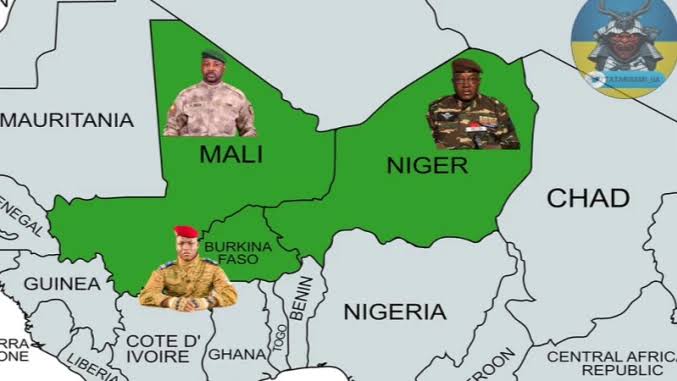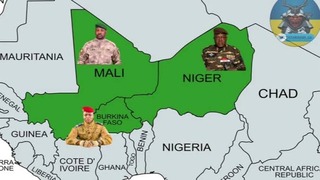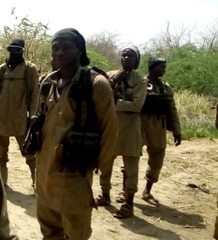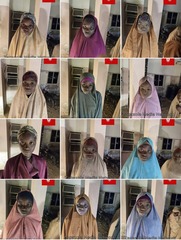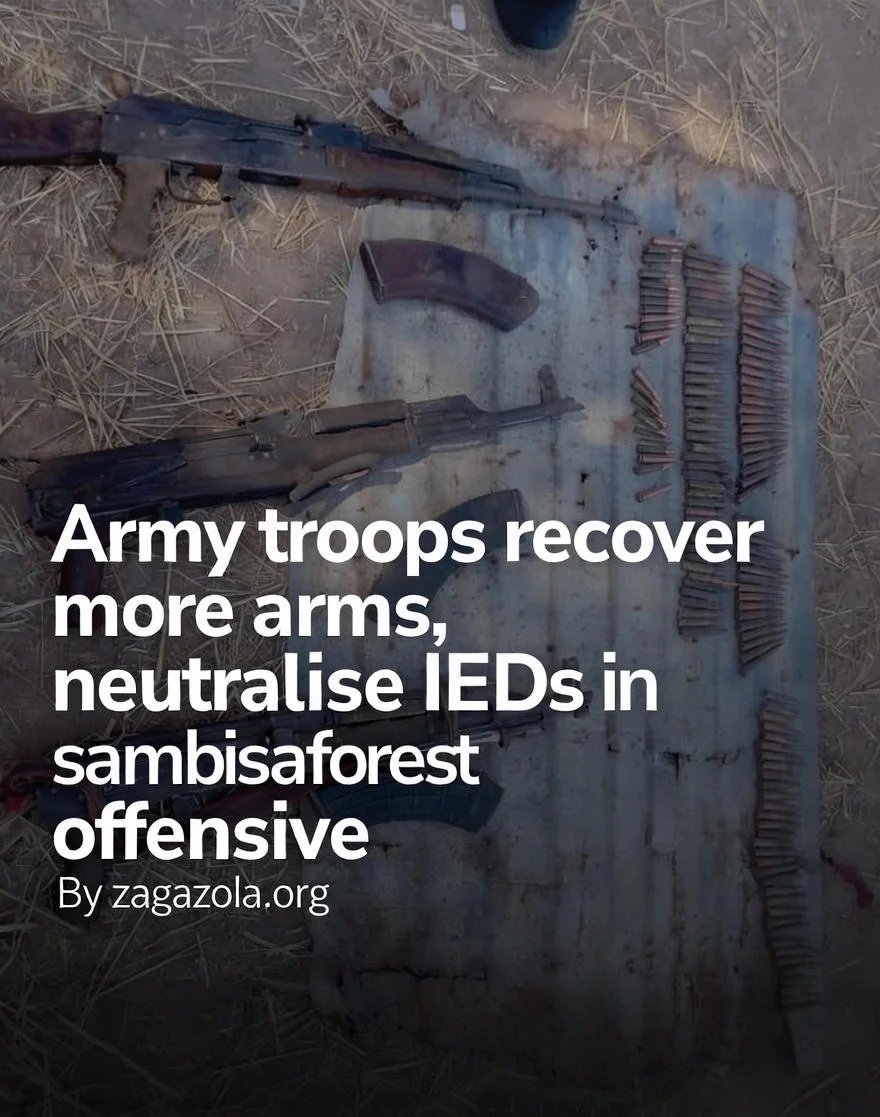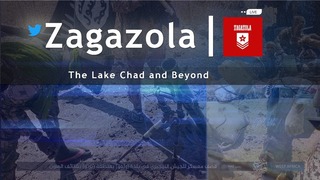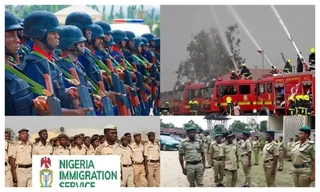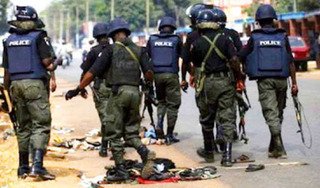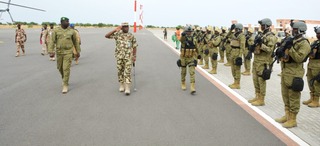Niger’s Security Crisis Deepens as ISWAP Attacks Diffa
On the night of February 14-15, 2025, the city of Diffa, already a flashpoint for insecurity, witnessed yet another brazen attack by fighters from the Islamic State West Africa Province (ISWAP). The sudden assault on a military post near the city’s entrance forced the Defense and Security Forces (SDF) to abandon their positions, leaving behind weapons and critical equipment.
What followed was an alarming demonstration of the state’s fragility. The assailants not only managed to destroy parts of the post and a military vehicle but also infiltrated the Festival district one of Diffa’s residential areas before retreating unchallenged. No counteroffensive. No resistance. No pursuit.
This incident paints a grim picture of the deteriorating security landscape under General Abdourahmane Tiani’s military government, which seized power in the July 2023 coup. Despite promises of a stronger and more effective response to terrorism, Niger’s armed forces appear increasingly demoralized, stretched thin, and struggling to confront insurgent threats.
Under the administration of former President Mohamed Bazoum, Niger’s security forces, despite their challenges, were known for their determination to engage terrorist groups in direct confrontations. Today, that commitment seems to have eroded.
Eyewitnesses and local sources in Diffa report that soldiers fled their posts rather than engage the attackers. While this could be interpreted as a tactical retreat, the more unsettling possibility is that these forces no longer trust their leadership. The military, once celebrated for its resilience, now appears hesitant, perhaps due to low morale, lack of logistical support, or internal disillusionment.
Since taking power, the junta has focused on political survival rather than addressing the growing terrorist threat. Instead of equipping and motivating the armed forces, the regime has been more preoccupied with consolidating power, silencing opposition voices, and engaging in populist rhetoric against France and Western allies.
A Nation in Freefall
Beyond security, Niger’s decline is evident on multiple fronts. Insurgent groups are becoming bolder, expanding their areas of operation and directly challenging state authority in urban centers like Diffa. This signifies a dangerous shift terrorists are no longer confined to remote regions; they are testing the state’s response in major towns.
The economy continues to wither under the weight of sanctions, mismanagement, and financial crime. Niger’s banking sector is nearing collapse, and businesses struggle to stay afloat amid restricted trade and investment. The junta’s isolationist policies have exacerbated economic instability, leaving citizens in an increasingly desperate situation.
Niger’s military government has severed key international partnerships, prioritizing political defiance over pragmatic diplomacy. The country has distanced itself from regional allies and Western security partners without securing viable alternatives. This has not only weakened its counterterrorism capabilities but also left it geopolitically vulnerable.
A Junta Focused on Power, Not Security
The attack in Diffa is not an isolated event it is part of a larger pattern of state failure. As armed groups gain ground, the junta remains fixated on maintaining control rather than addressing the crisis. Instead of strengthening the military’s operational effectiveness, the regime has turned it into a tool for political repression. Dissidents are targeted, opposition figures are silenced, and purges within the security sector have only deepened instability.
For the people of Niger, the reality is stark: insecurity is rising, the economy is collapsing, and diplomatic ties are fraying. Yet, the ruling junta continues its propaganda, staging grandiose parades and rallies in Niamey while entire regions fall to armed groups.
The Diffa attack serves as yet another reminder that slogans and populist rhetoric cannot replace effective governance. While the military leadership parades itself in the capital, ordinary Nigeriens are left to fend for themselves against an increasingly emboldened enemy.
Niger is at a crossroads. The country’s security forces are bleeding, its economy is deteriorating, and its international standing is in freefall. Unless the military government shifts its focus from self preservation to genuine governance, the downward spiral will only accelerate.
For now, the facts are undeniable: while the junta indulges in political theatrics, Niger is slipping further into chaos, and its people are paying the ultimate price.

